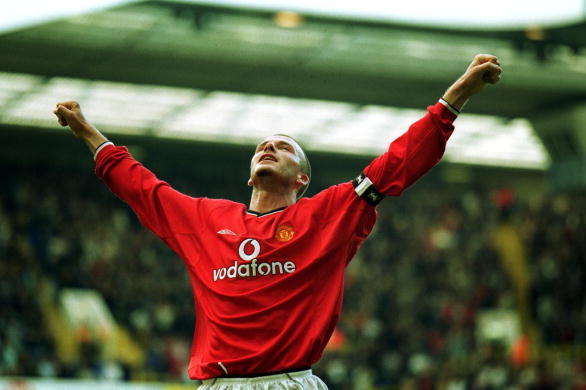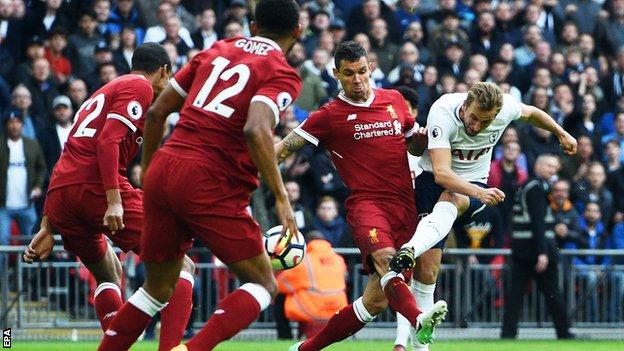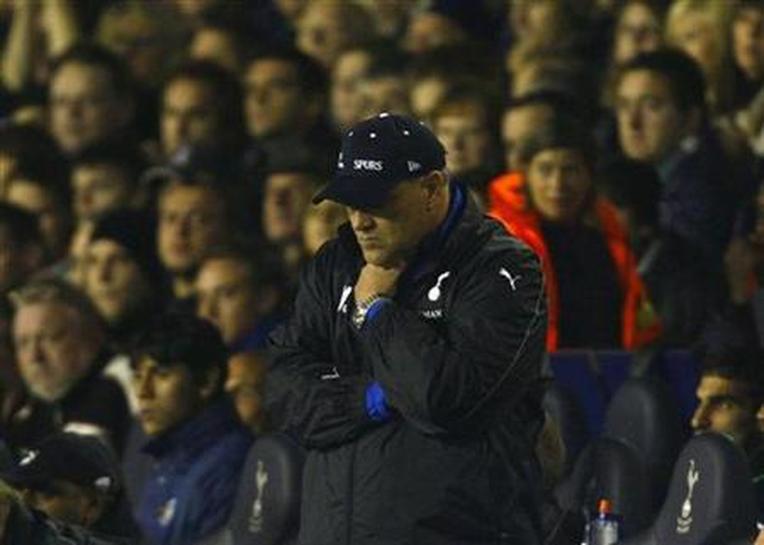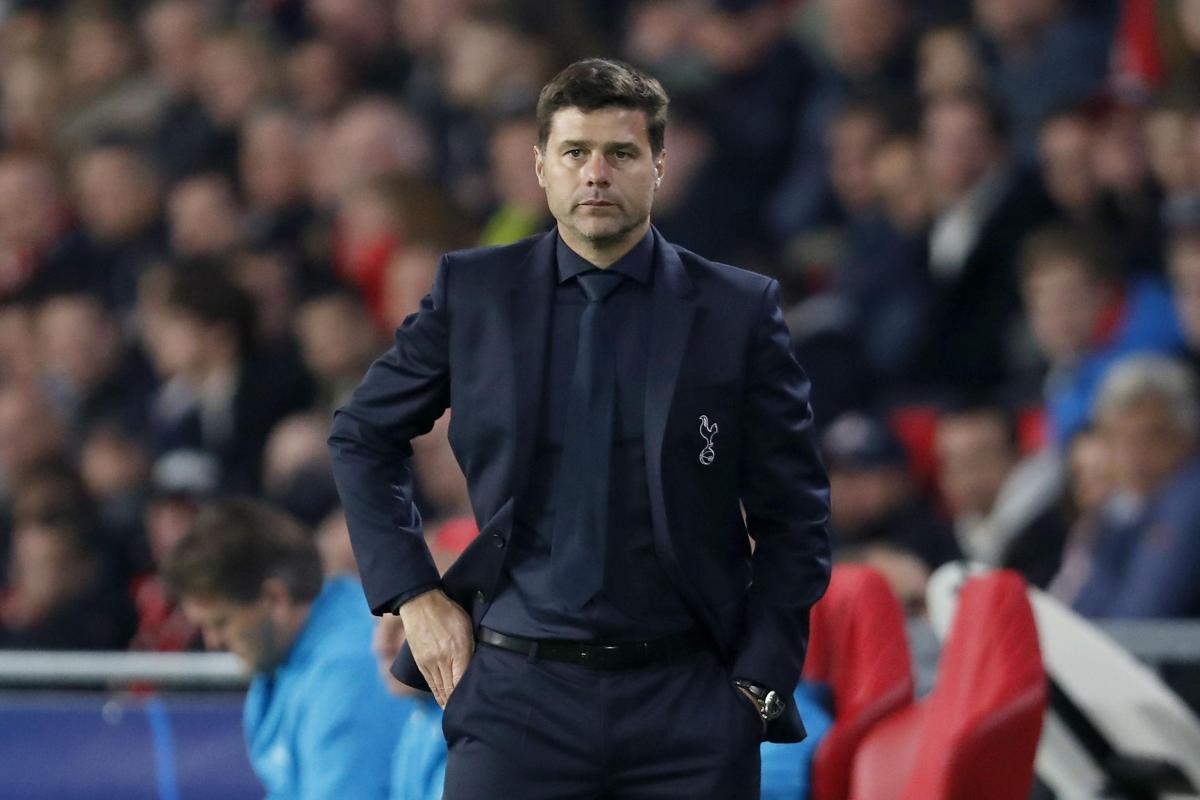The youngest player in Spurs’ history. The youngest goalscorer in Spurs’ history. At just 16 years and 163 days old, Alfie Devine has entered the record books.
Since, his transfer from Wigan in July last year, there has been a great buzz around the Warrington-born 16 year old, with fans desperate to see the England Under-16 midfielder turn out for the first team in a competitive fixture.
Devine is an all-action central midfielder, his energy matched by his creativity and his ability to appear in and around the opposition penalty area and score goals. He comes from a sporting family, his father Sean playing Rugby League for St. Helens in the late 80s/early 90s.
In a way, it is fitting that Marine were the hosts for this record-breaking evening. Devine was in Liverpool’s academy before being released when he was 11, so to make his mark on Merseyside would’ve felt extra special.
Shortly after Devine’s release from Liverpool, he joined Wigan and rapidly moved through the ranks, making his Under-23 debut aged just 15. He was also a member of Wigan’s FA Youth Cup charge to the quarter-finals, a run that also included a 2-0 win over Tottenham in the Fourth Round. Devine appeared as a substitute in that game against a Spurs side which included the likes of Harvey White, Dennis Cirkin and Luis Binks.
Six months after that game, Devine joined Spurs for £300,000, with the club quickly securing his signature ahead of a number of other suitors, including Chelsea. Although that still sounds like a decent sum for a 15 year old without a senior appearance to his name, Wigan’s financial situation forced the club into selling for a vastly reduced fee. Currently languishing second from bottom in League One, it’s not too fanciful to think that Devine would’ve already made a dozen or more league appearances had he remained at the club.
As it was, Devine moved to Hotspur Way in July and began training immediately with the first-team, even making appearances in the pre-season friendlies against Ipswich Town and Reading. Even though Devine only turned 16 on 1 August, this was no great surprise. Jose Mourinho had met the player personally when completing the transfer and clearly saw a player with all the necessary attributes to make it as a top-class Premier League footballer.
Although Devine started off with the Under-18s this season, but by November had been promoted to the Under-23s. While he scored on his Premier League 2 debut against Derby, it was against Chelsea that he really made his mark. Fronting up to 124-cap and multi-trophy winner Petr Cech made for a wonderful image, before a pretty filthy lunge on Danny Drinkwater earned him a deserved red card. However, for the 75 minutes before that Devine stood out for his all-action performance, totally bossing Drinkwater – an England international and Premier League winner with over 300 senior appearances to his name.
Mourinho – hardly one to discourage a competitive streak in his players – clearly felt that Devine was now ready for more and promoted him to train with the first team squad after the game. With that in mind, his appearance against Marine came as no great surprise to the observers of Spurs’ academy. It was immediately obvious that Devine was head and shoulders above those at Under-18 level and, even though he is still closer to 15 than 17 years old, he has looked more than comfortable with the Under-23s. Mourinho clearly has a plan for him and it was felt a matter of time before he made his first team debut.
Along with Oliver Skipp and Harvey White, who made his first start against Marine, Devine represents the future of Spurs’ midfield – Jamie Bowden should also be considered as part of that group. Of course, with Pierre-Emile Højbjerg, Tanguy Ndombele, Moussa Sissoko, Harry Winks, Giovani Lo Celso to navigate past, finding a regular starting spot may be a tall order in the immediate future. Like Skipp, a loan spell may be necessary to aid their development in the short-term, but this clutch of extremely promising footballers have a very bright future in lilywhite.
As with Dane Scarlett – who had set the previous record for youngest player in Spurs’ history in the Europa League against Ludogorets just two months ago – there remains a long-way to go before we watch Alfie Devine week in, week out in the Premier League, but make no mistake, this kid is special. Very special.














